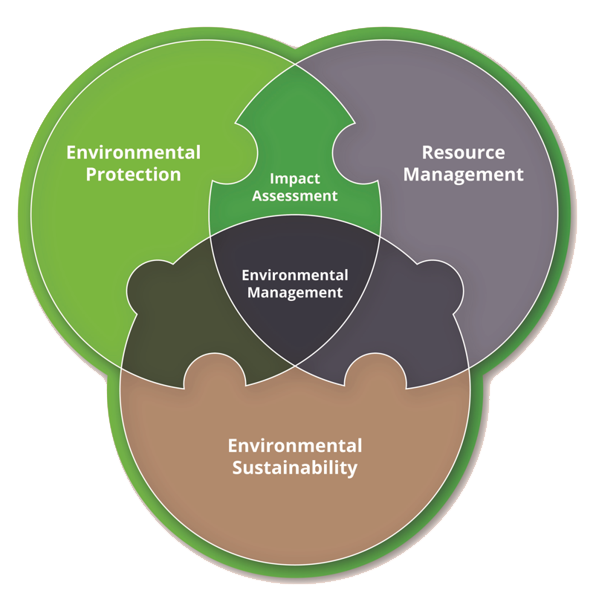Research
National Occupational Standards for Environmental Employment
Defining the Scope of Environmental Competencies in Canada
Environmental practice is vast and is part of every industry. These standards are comprehensive definitions as to what it means to work in environmental protection, resource mangement and sustainabilty.
Foundational Resources for Every Stakeholder Group
Since the 1990s, we have operated under a mandate to ensure an adequate supply of people with the skills and knowledge to meet the human resource needs of the Canadian environmental sector.
A key part of our activity has involved developing National Occupational Standards (NOS) for environmental work. The NOS express the skills and knowledge an individual must exhibit in order to be considered in their occupation.
Since the initial inception of the establishment of the environmental sector, these standards have served as the framework for certification of Environmental Professionals EP® in Canada. They are also used extensively as a self-assessment resource for practitioners, a recruitment screening tool for employers, and a guide for educators to develop career-driven post-secondary environmental curriculums for their students.
The Environmental Sector is based on the following three sub-sectors and 16 specializations

ENVIRONMENTAL
PROTECTION
- Air Quality
- Water Quality
- Site Assessment
& Reclamation - Waste Management
- Health & Safety
RESOURCE
MANAGEMENT
- Energy
- Fisheries & Wildlife
- Natural Resource Management
ENVIRONMENTAL
SUSTAINABILITY
- Sustainability
- Education & Training
- Research & Development
- Policy & Legislation
- Communication &
Public Awareness
IMPACT
ASSESSMENT
- Impact Assessment Practitioner
- Impact Assessment Reviewer
ENVIRONMENTAL MANAGEMENT
- Environmental Manager
Download the Occupational Standards
This dictionary of competencies consists of 332 technical skill statements, 42 transferable skills and 12 areas of awareness:
Technical competencies: statements describing the demonstrated ability to perform a task to the satisfaction of the employer or otherwise established norms.
Transferable competencies: statements describing a behaviour or “soft skill” that may contribute to the successful performance of various technical tasks in the area of practice.
Areas of Awareness: knowledge requirements shared commonly by environmental workers.
The NOS dictionary is used independently and to build occupational profiles consisting of grouped competencies in a particular area of practice. Profiles are primarily used for certification by allowing a particular candidate to measure their skills against the NOS.
"*" indicates required fields
Other Competency Reporting Resources
The competency dictionary is used independently and to build occupational profiles consisting of grouped competencies in a particular area of practice. Profiles are primarily used for certification of environmental professionals by allowing applicants to evaluate their skills against the NOS. We also have reports that feature niche roles or areas of practice separate from the original standards.
This includes:
- Environmental Auditors
- Impact Assessment Management Professionals
- BEAHR Indigenous areas of practices such as Contaminated Sites Remediation and Environmental Management
How The Standards Are Used
- As the foundation for the certification of environmental practitioners in Canada
- As a self-assessment tool for employers and practitioners
- As a program development tool for guiding curriculum development in post-secondary environmental programs and training courses
- To assist in career development initiatives as concrete illustrations of environmental employment for students considering work in this area
- As a structural framework to collect information about environmental employment in employer demand studies
As environmental employment continues to develop and mature, ensuring a common language in terms of knowledge and skills is among the most critical issues for the success of the entire environmental industry.


